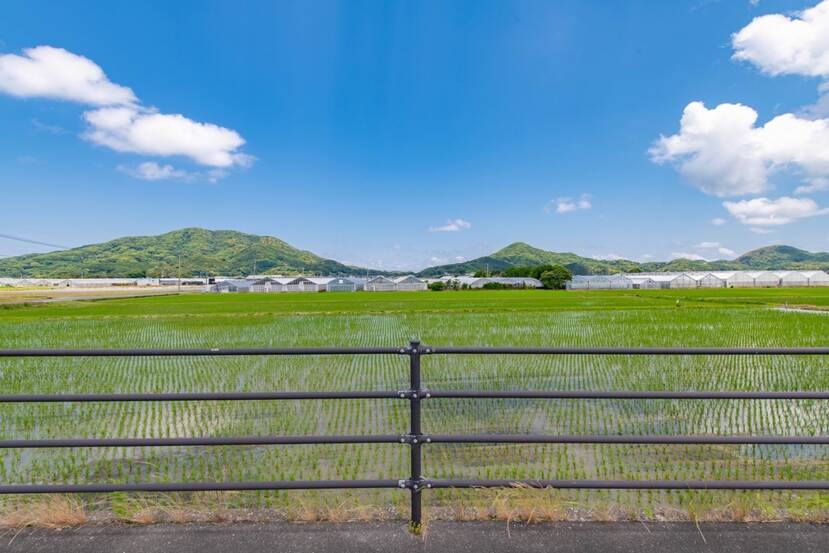Japan News Update #60 (May 2024)
Stay updated on the latest agricultural news in Japan, that we publish every month.
by Yuki Sano
Farm policy toward food security and climate change
Japan's parliament has passed a significant amendment to the basic law on food, agriculture, and rural areas for the first time since 1999. The revised law focuses on food security amid global supply chain disruptions, emphasizes boosting exports, and prioritizes sustainable practices, smart farming, and reducing environmental impact. The aim is to ensure stable, quality food supply at reasonable prices.
Source: Japan enacts revised 'constitution' for farm policies

Kaveh Zahedi, FAO climate director, highlighted the urgent need for stronger climate action in food systems and expressed concern over rising food insecurity. With agriculture both contributing to and impacted by climate change, Zahedi stressed sustainable agriculture as a solution. He noted financing challenges and called for Japan to leverage its agricultural technology to help address these issues. In Japan, climate change as well as population decline threaten food security. The annual government report highlights a significant drop in agricultural workers, with only 20% of them being under the age of 60. It underscores the need for more farmers and advanced technology.
Source: FAO Environment Director Pushes for Stronger Climate Action; Stresses Potential of Japan’s Agricultural Tech; Climate change, fewer farmers jeopardize Japan food security: report
Developments in food retail
Japan's supermarkets and convenience stores are increasingly adopting AI for pricing and other purposes. Aeon Retail Co. will use AI to discount fresh foods in about 380 stores starting in May, aiming to reduce food loss and staff workload. Lawson Inc. has introduced AI-based discounting in 14,000 stores, resulting in reduced waste. Seven & i Holdings Co. employs AI in ordering systems to enhance operational efficiency.
Source: More stores in Japan using AI for discounts, other purposes to combat food loss
Japanese companies are expanding in meat and fish alternatives, ranking second globally in related patents. Fuji Oil, Amano Enzyme, and Nissin Foods Holdings are key players, developing plant-based and lab-grown protein products. This industry is growing rapidly due to rising global populations and environmental concerns. The market for alternative proteins is expected to reach ¥138 trillion by 2050, significantly reducing reliance on animal agriculture.
Source: Japan ranks No. 2 in alternative-protein patents, behind U.S.

Japanese companies are leveraging advanced freezing and defrosting technologies to offer high-quality frozen sushi. B&T Marine Products uses "3D freezing" and a special defrosting container, while Yamani Suisan and Onodera Food Service also adopt innovative methods to maintain flavor and texture. These developments aim to expand seafood consumption, support fisheries, and cater to diverse markets, including gifts and institutional meals.
Source: Advanced technology gives frozen sushi fresh-caught taste
Functional foods issue
A Consumer Affairs Agency panel in Japan has proposed mandatory health problem reporting and stricter quality control for functional foods, in response to health issues caused by Kobayashi Pharmaceutical's red fermented rice supplements. The panel's recommendations include legal regulations for functional foods and foods with specified health uses. An emergency survey found 82 health problems linked to 31 products, primarily supplements.
Source: Mandatory reporting of 'functional food' health problems proposed